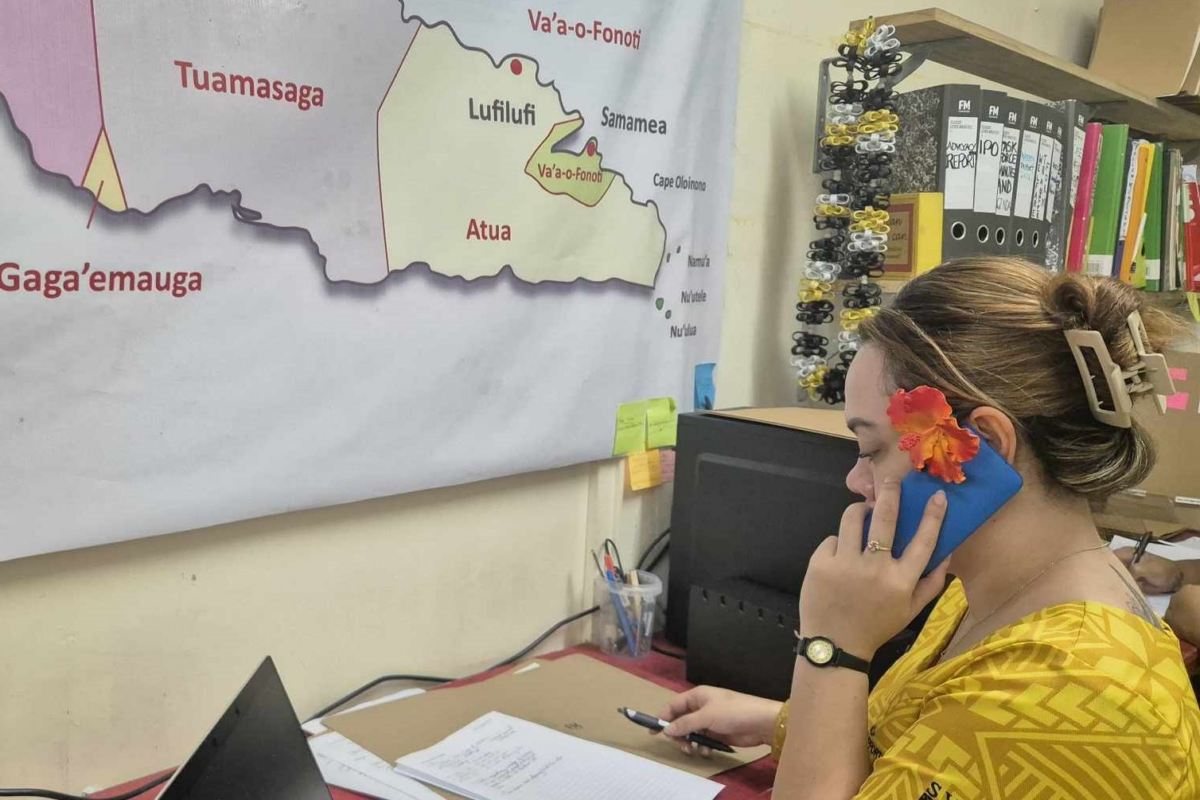
Is Suicide Decriminalised?
Uncertain
Are Crisis Lines Available?
No
National Suicide Prevention Strategy?
Uncertain
Population in Need of Support Per Year
Based on the WHO likely attempted suicide rate.
As a calculation of population size against suicide rate
Strength Of Support (Local Qualitative Assessment)
Population
Suicide Rate Per 100K Per Year, all Sexes (SDG 3.4.2)
Suicide Deaths Per Year (By Population)
The Central African Republic, officially known as the Central African Republic, is home to various ethnic groups, including the Baya, Banda, and Mbororo people. They bring to the country their rich cultural traditions, including vibrant music and dance, as well as diverse belief systems, with Christianity and Islam being the prominent faiths in the nation.
The legal system of the Central African Republic is a combination of Customary laws, French Civil Law based on the Napoleonic Code, and some Islamic Law - which occasionally overlap, particularly on family matters relating to marriage and inheritance.
Like many other nations, the Central African Republic inherited colonial-era laws from its former colonial ruler, France. Although suicide was decriminalised in France in 1791, the offence has remained in the corpus of other laws around the world.
The World Health Organization (WHO) advocates for the decriminalisation of suicide and suicide attempts. Finding out more and removing such laws removes stigma and allows avenues for providing appropriate mental health support to individuals in crisis.
Criminalising suicide punishes distress. Decriminalising suicide saves lives.






